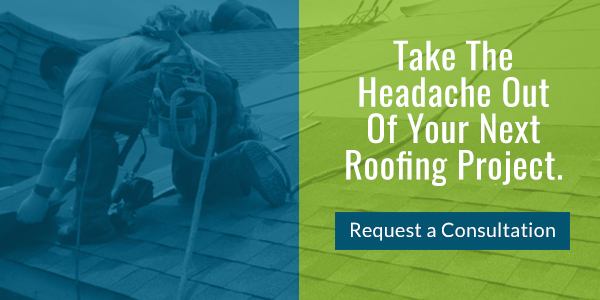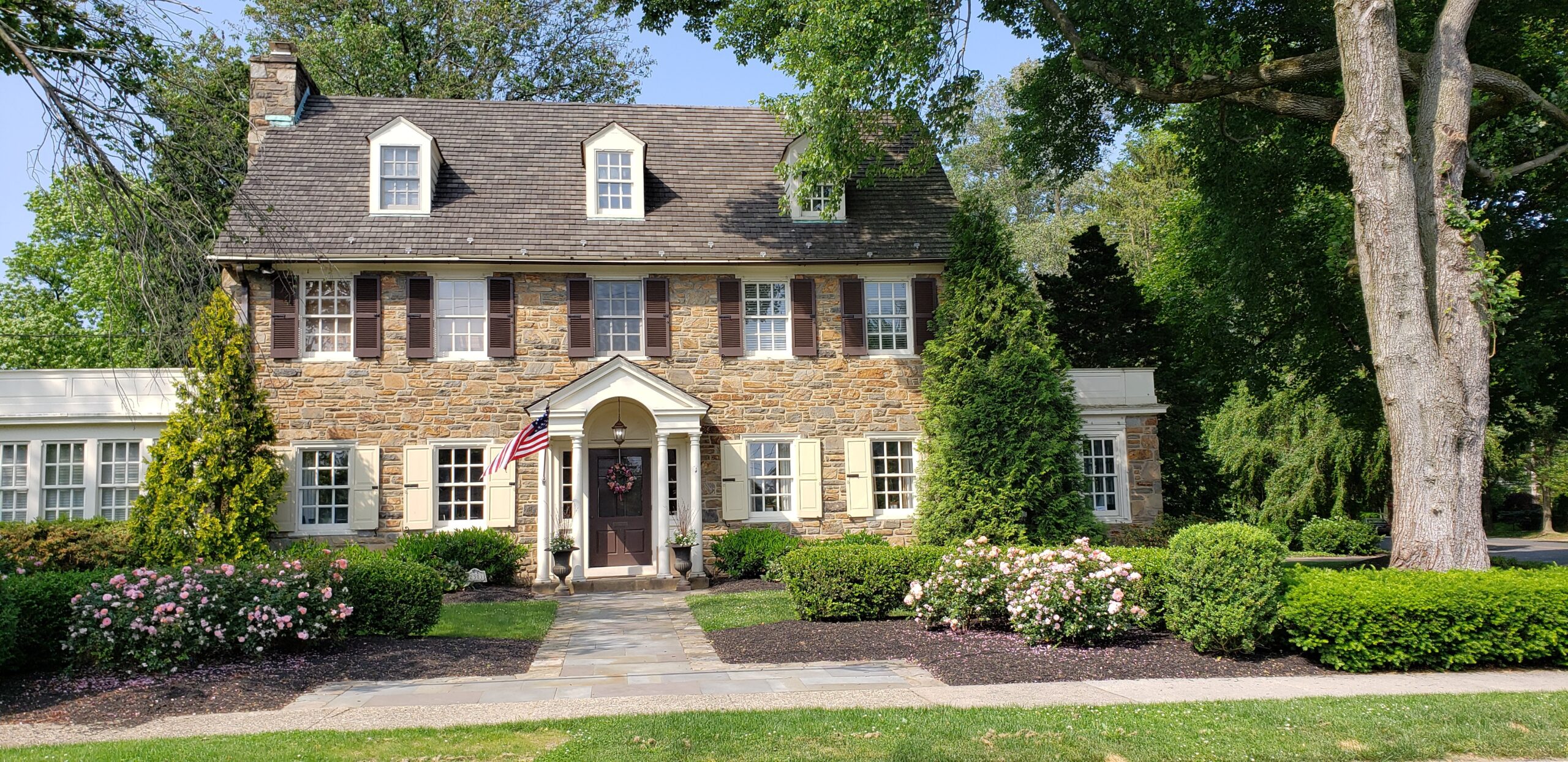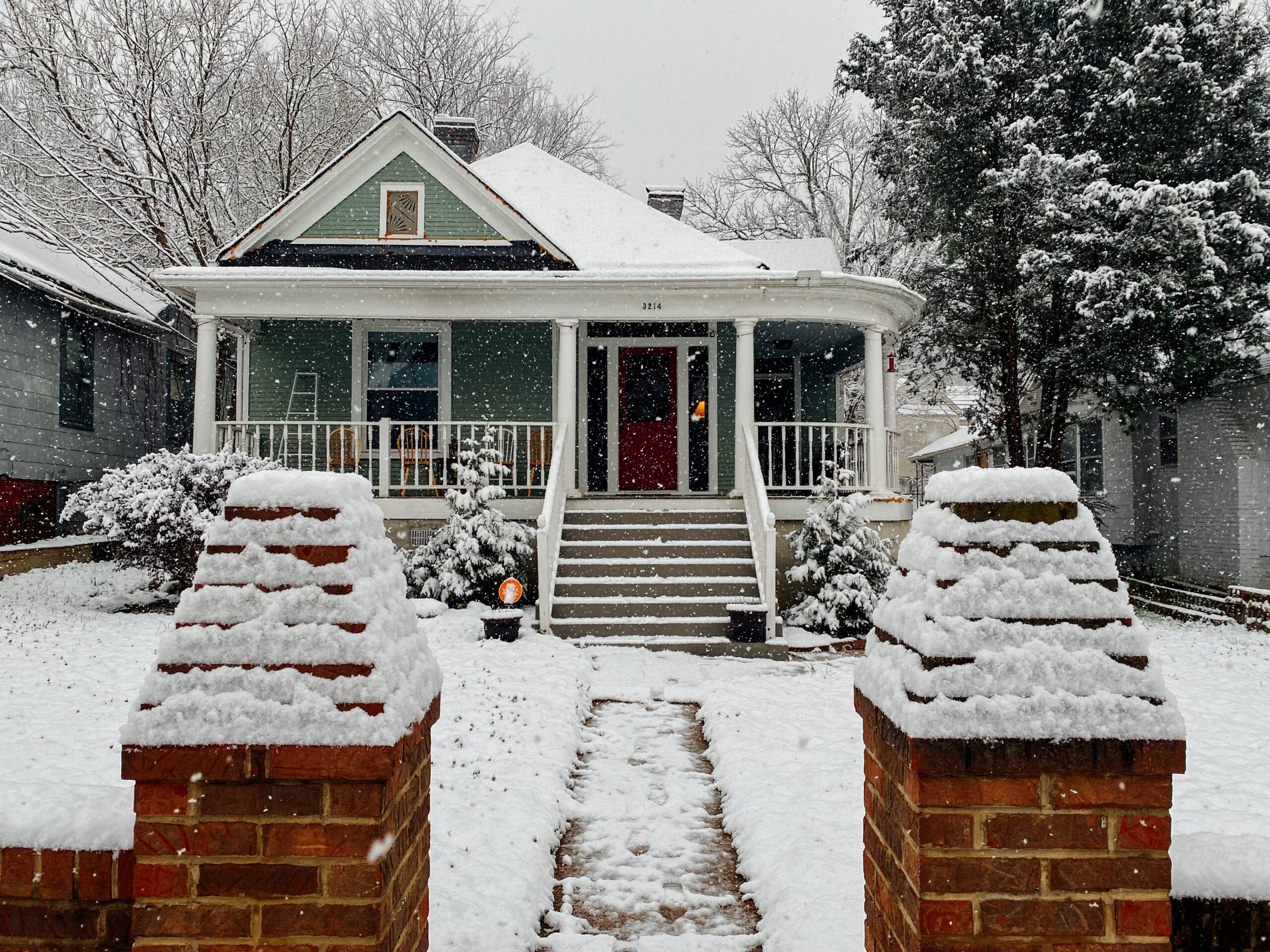Wind, rain, snow and sun are all enemies of building materials. In the middle Atlantic, there’s no lack of any of them. Winds howl when hurricanes approach. Summer thunderstorms sometimes generate Category One hurricane-force winds. In the summer, the sun’s ultraviolet rays beat down on NJ roofs. Tropical systems bring torrential rains. Nor’easters dump feet of snow. Throughout the course of thousands of days, nature may eventually take a toll.
Fortunately, northern NJ roofs are engineered to withstand nature’s wrath. Over time, however, shingles get brittle or lose their protective granules. Their adhesive strips no longer hold. High winds lift them and sometimes break them. Roof replacements in NJ are then often needed.
Roof Replacement Costs in NJ
A roof replacement is labor-intensive. It all begins with the manual removal of existing roofing. Typically, about 40 percent of the cost of a new asphalt shingle roof is for materials. The other 60 percent is for labor. And not just any kind. An experienced, disciplined, well-supervised crew is vital. Roofing specialists must position every shingle and drive every nail with precision.
When you buy a car, you want it to last years. When you buy a new roof, you want it to last decades. Ultimately, a homeowner is looking for a professional installation that will withstand the test of time.
When contractors price your roof replacement in NJ, they’ll consider these variables:
Size and complexity of the roof
An average-sized NJ residential roof requires about 15 to 20 squares of shingles. More complex roofs and larger roofs require more. Gables, skylights, vents and chimneys increase the time devoted to cutting and fitting shingles. The more roof detail, the more flashing and caulking are required.
Roof pitch
In general, the steeper the roof, the more time it takes to complete a roof replacement in NJ. Crews may require added safety gear, roof jacks and planking to work on a highly pitched roof. By contrast, a low-pitched roof on a single-story ranch home is easy to access and work on. Also, some roofs are relatively more accessible than others by design.
Quality of materials
Traditional three-tab shingles cost a little less than heavy-duty architectural shingles do. However, they are thinner, and they often don’t come with the strongest warranties. You’ll also see differences among architectural shingles. Look for those that:
- Are thicker and more substantial
- Offer the best wind resistance
- Are from top manufacturers
- Have the best warranties
Profit margins
Generally, a local roofer is more likely to provide a reasonable quote for your NJ roof replacement. A local company has a reputation to preserve. Such contractors value the opportunity for repeat business. This might take the form of annual roof inspections, periodic maintenance or roof cleaning services. It’s always important to watch out for low-ball bids from less experienced or out-of-town roofers. An out-of-town roofer who sees the project as a one-time opportunity might seek surcharges once the job has started.
Warranties
A top-notch warranty can deliver years of both protection and peace-of-mind. The thing is, you can only get the best manufacturer’s warranties from factory-certified roofing contractors. For example, Owens Corning only authorizes a Platinum Preferred Contractor to provide it Platinum Protection Warranty.
More pricing details
In roofing, a “square” refers to 100 sqft of shingles. A quote per square should also include underlayment, ice/water shield, ridge vents and flashing. It should also include permitting, debris container and a reasonable profit. You don’t want surprises once the job is underway.
Recovering costs
A new roof is valuable in various ways. A new roof minimizes the need for roof repairs. It delivers real peace-of-mind. It also makes your home more valuable in the eyes of prospective buyers. You might also recover some of your investment should you decide to sell. Remodeling magazine’s 2020 Cost vs. Value Report provides estimates on potential returns. The report calculates that homeowners recover an average of 65.9 percent of the cost when they sell.
Advantages of the Right Professional Roofer
How do you locate a contractor that offers high-quality materials and installation? Look for one with these qualities:
Local, reputable and experienced
It’s often ideal to work with experienced contractors that have served your local community for years, as these businesses have withstood the test of time. They’re committed to the area in which they live and work, so you can trust they’ll be around to service your roof for years to come as opposed to an upstart or out-of-town roofer who might not be around when you need them.
Factory-certified
Look for a roofing contractor factory-certified by major roofing manufacturers such as GAF and Owens Corning. Every major manufacturer has a certification process that recognizes contractors who they trust to install their roofing products the right way.
Safety-minded
You want a contractor who is capable of safe, high-quality installations. OSHA regulations help to provide a safe environment for workers, residents and passersby and contractors must comply with these requirements. Crews working high on rooftops must have the right safety equipment, and they must know how to use it.
Owens Corning has a list of 13 questions you can ask contractors so you can make sure they are keeping safety top of mind.
Contact CRS Today
CRS roofing experts have delivered quality, reliability and value since 1977. We are proud to be factory-certified by both Owens Corning and GAF. CRS is a true full-service roofing company. We offer certified inspections, periodic maintenance, emergency repairs, roof cleaning, comprehensive attic insulation and ventilation services.
Please contact us today with any questions or to schedule a visit with one of our certified roof inspectors.





